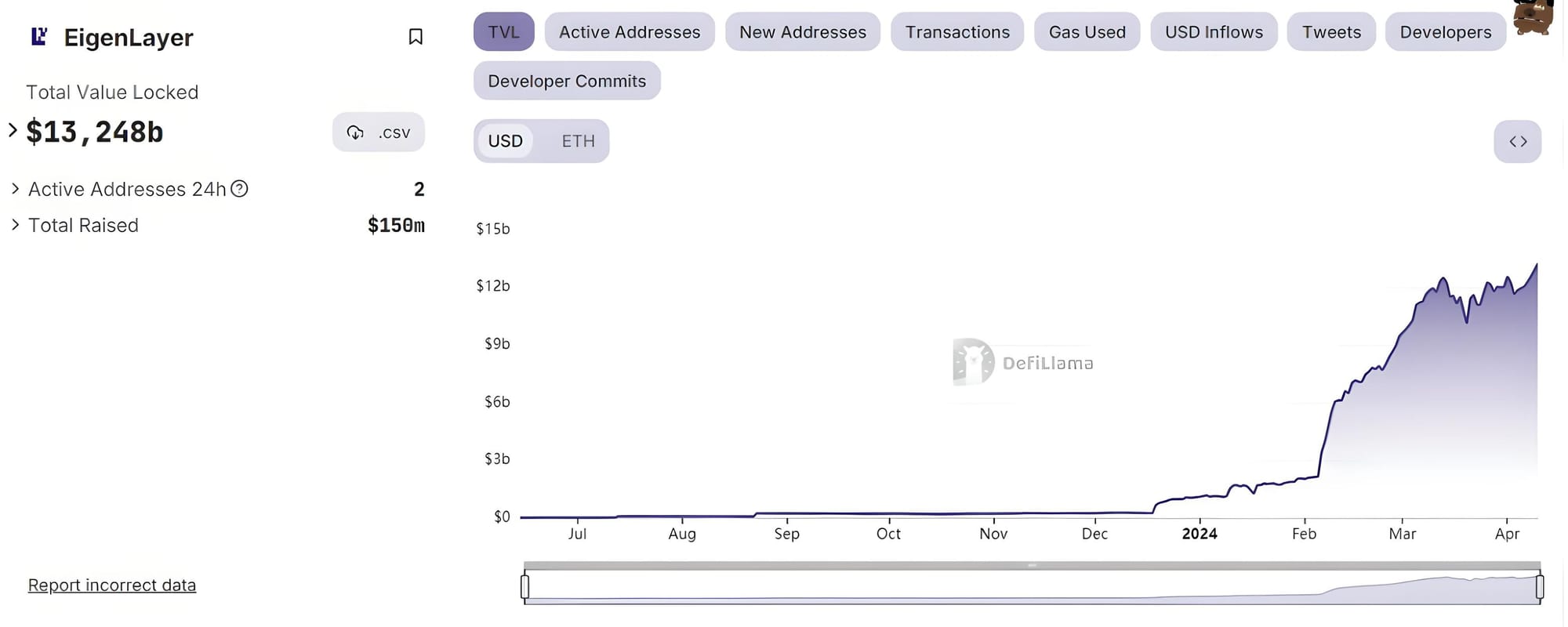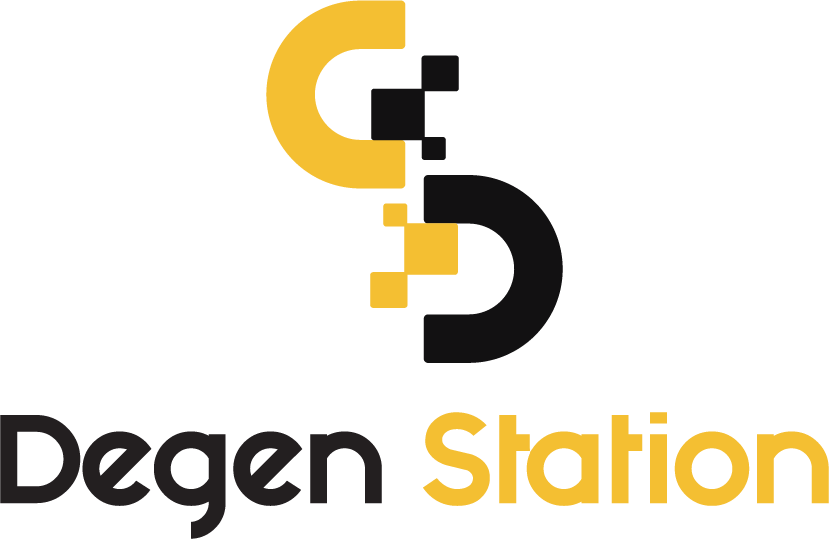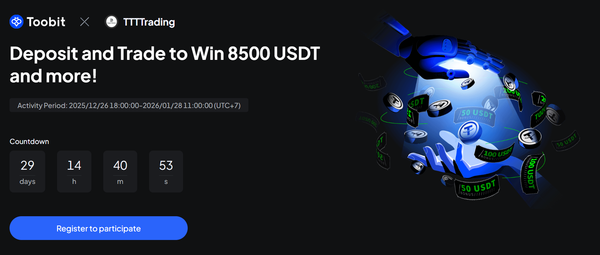EigenLayer Launches on Ethereum Mainnet

Restaking protocol EigenLayer and its data availability solution EigenDA have officially launched on the Ethereum mainnet.

According to an announcement on April 10, EigenLayer has deployed its restaking protocol on Ethereum and is offering its data availability solution EigenDA to projects operating on the world's second-largest blockchain.
Participants in restaking on EigenLayer can now begin delegating their ETH and ETH liquid staking tokens to operators, who are responsible for running transaction verification software. These operators can also develop actively validated services (AVS), which use restaked ETH from EigenLayer to secure their products.
Announcing: EigenLayer ♾ EigenDA Mainnet Launch pic.twitter.com/bTp5BfnsKE
— EigenLayer (@eigenlayer) April 9, 2024
According to the EigenLayer website, the protocol currently has 56 operators, with 13 AVS ensuring the security of 9 Ethereum layer-2 solutions.
In addition, AVS can now utilize the beta version of EigenDA, which provides data availability functions to ensure operators have enough historical data to verify transactions accurately and reduce data storage costs for node operators.
However, EigenLayer has announced that it will not yet implement payment mechanisms or slashing penalties to help stabilize the ecosystem during the initial mainnet launch. These features are expected to be added in the latter half of 2024.
As frequently reported by Coin68, EigenLayer is a pioneer in the restaking sector, with a TVL of $13.3 billion at the time of writing, making it the second-largest DeFi protocol in the entire crypto industry. The rise of EigenLayer has paved the way for many derivative projects focused on liquid restaking, including ether.fi, Renzo, Puffer Finance, and Kelp DAO.

TVL fluctuations of EigenLayer. Source: DefiLlama (10/04/2024)
In February 2024, EigenLayer raised $100 million from a16z Crypto, bringing the total funds raised to $150 million.
The mainnet announcement did not mention whether EigenLayer would be issuing a token.





